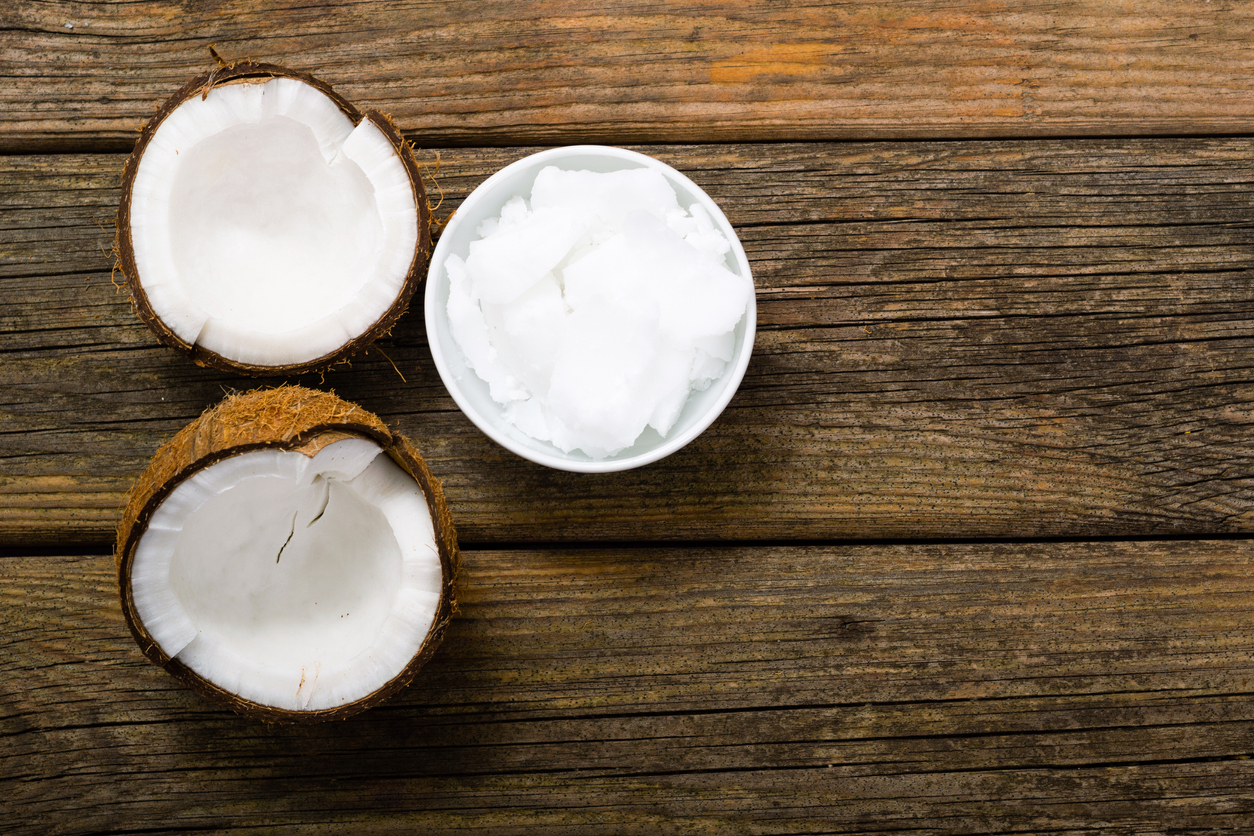Written by: Dr. Gayle Maguire ND
With cold weather a known trigger for dry skin, many people are looking for natural ways to support healthy skin. From a naturopathic perspective, there are several common factors that should be evaluated, and often dietary support to aid.
Evaluating Dry Skin
Is dry skin simply just a way of life for Canadians? Why do some seem to suffer more than others? For some, assessing their thyroid function is critical. Hypothyroidism, or a low-functioning thyroid gland, is a common condition associated with a change to very dry skin, poor nail & hair quality, sometimes loss of lateral eyebrows, low mood, weight gain, depressed mood, and cold intolerance. The condition is more common in females and easily assessed by bloodwork performed by your medical or naturopathic doctor.
As a naturopathic doctor, I also tend to look into a patient's diet for deficiencies in nutrients relating to dry skin. Most commonly seen is a low intake of essential fats or difficulty in absorbing them which may require support to their digestive organs. The area where the dryness is occurring can be a helpful tool too. Very dry and cracked heels can signify a different deficiency than dry, bumpy upper arms.
When skin is very dry and itchy, or is confirmed to be a case of eczema, dietary analysis of food sensitivities tends to be very helpful in alleviating symptoms. Eczema must be distinguished from psoriasis, which is often triggered by foods, but both require individual assessments in regard to immune regulation, detoxification pathways, and hormones.
Analyzing a patient's personal hygiene products can be helpful, as many contain ingredients that are very drying. It may be necessary to use great moisturizers (you can check the product on Environmental Working Group's database for its green rating!) to get through winter. Many patients will find the cleanest moisturizers are simply vegetable oils, such as sweet almond oil. Coconut oil as a moisturizer can be helpful for some and aggravating for others.
Dietary Supports for Skin
Often I find myself educating patients on the importance of lubricating the body from the inside and externally. Look at increasing healthy fats like fish oil, or plant-based oils. Supplementing may be necessary to get results, or finding creative ways to add olive oil to cooked foods, lemon-flavoured oils to smoothies, or fat-bomb recipes for snacks.
Vitamin D can be a helpful support for regulating a skin condition with an immune element to it, like eczema. Zinc can be helpful for improving healing, especially when prone to cracked skin, though it can only be used short-term. Vitamin E may be beneficial for some, potentially benefiting eye and cardiovascular health. Oils and fat-soluble vitamins, such as Vitamin E & D, are best absorbed when taken with a meal containing a little fat. Watch the caffeine and alcohol intake for their abilities to dehydrate, and ensure adequate water intake.
Having your thyroid and diet analyzed may be a valuable next step for those who have tried everything. Book an appointment with Dr. Gayle Maguire to learn more. Dr. Maguire works at AST Willow Park. Here's to a comfortable winter!
*This blog is not intended to officially establish a physician-patient relationship, to replace the services of a trained physician, naturopathic doctor, physical therapist or chiropractor or otherwise to be a substitute for professional medical advice, diagnosis, or treatment.


